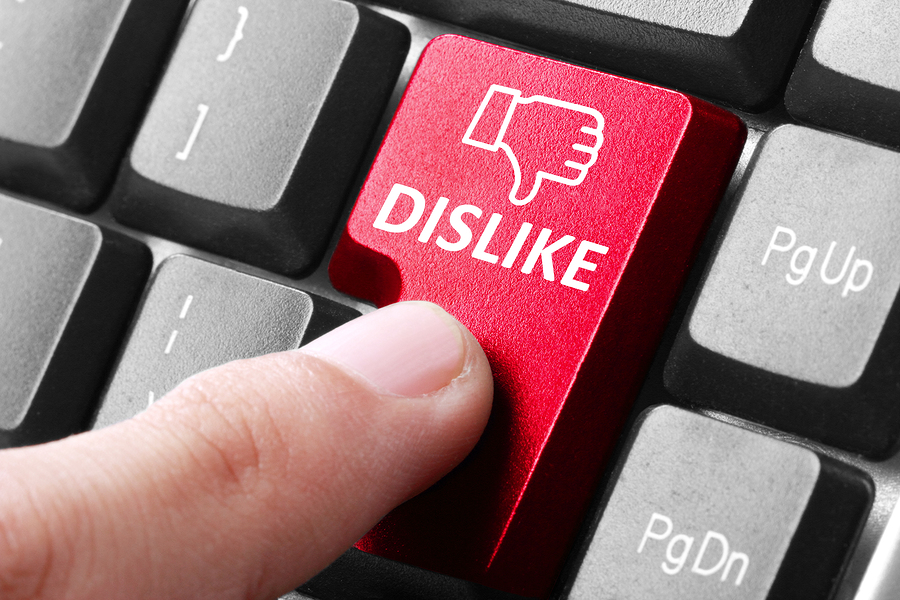Okay, we all talk about how to make social media work for you. But lately I’ve noticed some things that don’t work at all. Some of which have been tied to the whole political climate nowadays. Others, though, have been around for a long time, and I’ve just kind of hit the wall with them. But all of them have been really effective tools—if the goal is to ensure people quit those FB pages, blogs, or other social media spots.
Make it about selling your books. Okay, yes, we all need to promote our books. That’s part of being a published author. And we want to celebrate when something fun happens in our career. That’s not a problem at all—so long as there’s a balance. But when most of a person’s interactions on social media are along the lines of “Buy my book,” “Come see me at this signing,” “I just won another award,” “Here’s another interview with me,” and on and on…meh. Who needs it? Sure, I want to know about my fav authors’ special events and sales, but is that all I want to know? Hardly. I want to know what they think and feel, what they’re doing, what matters to them. I’d love to see a few pix of their grandkids (or, to be honest, of their pets). Things that give me the sense that I know them beyond the public persona. If all I’m getting from your social media is commercials and your accolades? No thanks.
Use your audience. This takes it a step beyond the issue above, to treating your social media community like they are part of your marketing team. If the lion’s share of a person’s social media content is along the lines of “Share my post/blog/tweet,” “Post a review,” “Tell everyone about my sale,” “Spread the word,” and so on, count me out. I’ll spend my time elsewhere. Someplace where I don’t feel used.
Overshare. Yes, I want to know about my favorite authors. To an extent. But folks, too much of a good thing can be…icky. How do you know when you’ve gone too far? Here are a few things to consider. Think twice about posting something if:
- You’re unsure about it. Why take the chance?
- You wouldn’t say it in public, among folks who know you, like in church or with your parents or your sweet old Sunday school teacher.
- You’re saying it just for shock value. You may well get a lot more than you bargained for.
- You’re saying it because you’re ticked off. Anger is seldom conducive to good judgment. If you feel you absolutely HAVE to say it, write it out first in a letter. Print it out, let it sit for a few days, then read it over. And ask yourself, “Do I want to say this for me, or am I saying it to help others?”
- There’s anyone who might be shamed or embarrassed by what you want to share.
- It’s not yours to share, and you haven’t asked permission first. I did this once with someone I love. I was concerned, so I posted a request for prayer, which would have been fine if I’d avoided details. But I didn’t. Nor did I ask for permission. My intent was good; my execution was rotten. I didn’t have the right to post about the situation, and the fact that I did so ended up making a difficult situation even more difficult for the person I cared about. I learned a valuable lesson. Just because you care about someone, that doesn’t give you the right to post about them or their lives on social media.
Let Your Uncensored Anger Fly. Sure, we all have our…um…issues. And triggers. We have things that that can raise our blood pressure in a nanosecond. But I tell you what: I’m hard pressed to imagine where there are more careless, hurtful, even vitriolic words thrown at people than on social media. It’s as though the second folks sit at a keyboard, all restraint dissolves. Fingers fly and toxic words follow suit. If you’re ever tempted to join in the fray, remember: once it’s online, it’s not going away. Even if you delete something, that doesn’t mean it’s gone.
The momentary satisfaction of saying something mean or snide or vitriolic—of putting some simpleton in his or her place–is never worth the hurt or negative impact your words may have. On your career, sure. But far more important, on someone God loves. I don’t care if it’s about politics, faith, national security, lifestyles…the topic doesn’t matter. We who write to share God’s truth should never abuse the gift He’s given us of using words with skill and precision. The moment we use words out of anger, we make what God has given us into a weapon. And we darned well better not do that unless He makes it abundantly clear we’re supposed to do so.
I’ve said it before, I’ll say it again. Don’t be careless with your words. Use common sense. And let these words from James 3 be your guide in what you do and don’t say on social media:
“…the tongue is … a whole world of wickedness, corrupting your entire body. It can set your whole life on fire, for it is set on fire by hell itself. People can tame all kinds of animals…but no one can tame the tongue. It is restless and evil, full of deadly poison. Sometimes it praises our Lord and Father, and sometimes it curses those who have been made in the image of God. And so blessing and cursing come pouring out of the same mouth. Surely, my brothers and sisters, this is not right! … If you are wise and understand God’s ways, prove it by living an honorable life, doing good works with the humility that comes from wisdom. …the wisdom from above is first of all pure. It is also peace loving, gentle at all times, and willing to yield to others. It is full of mercy and the fruit of good deeds. It shows no favoritism and is always sincere. And those who are peacemakers will plant seeds of peace and reap a harvest of righteousness.”











